In a stunning public disclosure, Busia Senator Okiya Omtatah has denounced the recent Ksh19.7 billion bailout of Kenya Airways as a fraudulent scheme and a deliberate misuse of public funds, calling it one of the most egregious financial deceptions in recent government history.
Through a strongly worded statement published on his official social media channels, Omtatah accused the National Treasury of bypassing constitutional procedures to funnel billions of shillings to the national carrier—funds he claims were wrongly classified and illegally appropriated from the Consolidated Fund without proper parliamentary oversight.
“This was not an error. It was a calculated and deliberate act to hide the true nature of the transaction,” said Omtatah.
According to official records cited by the senator, the Ksh19.7 billion was recorded under the budget item State Officers’ Salaries, Allowances and Miscellaneous—a category completely unrelated to any form of airline bailout or debt repayment. The senator warned that this misclassification was not only misleading but amounted to what he described as “institutional fraud.”
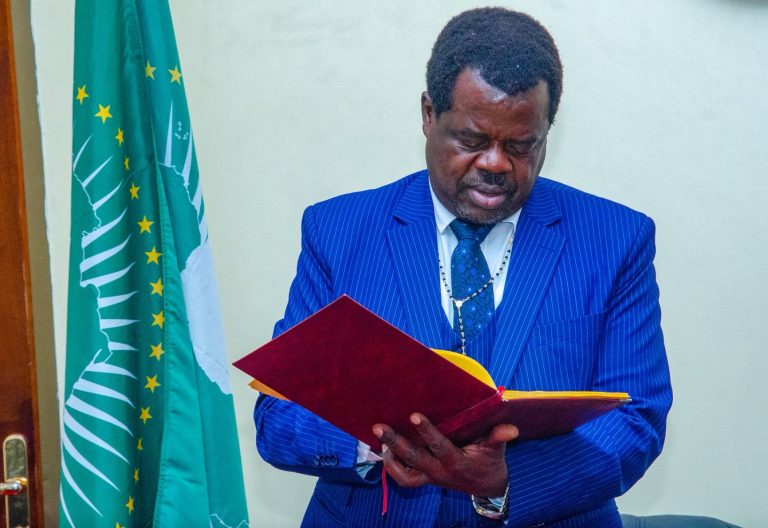
Even more alarming is the manner in which the money was transferred. Instead of going directly to the commercial banks that had lent money to Kenya Airways under a government guarantee, the funds were allegedly routed through a third-party broker. Omtatah described this move as “highly suspicious” and ripe for financial manipulation.
“Why would such a huge amount be given to a broker and not the actual creditors? This is not how guaranteed debt is paid. It raises all the red flags of a cover-up,” he added.
Adding weight to his accusations, Omtatah referred to Kenya Airways’ own financial statements, which revealed that the airline posted a profit of Ksh19.8 billion in 2024. This financial performance, he argued, rendered the bailout both unnecessary and indefensible.
“The airline declared a profit—so why the need for an emergency bailout? The numbers don’t add up,” he said.
Citing the Public Finance Management Act and provisions within the Constitution of Kenya, Omtatah emphasized that government guarantees are only allowed for capital development—not for working capital or operational bailouts. He warned that those involved in authorizing and processing the payout may have acted outside the law.
In a final, scathing rebuke, Omtatah demanded an immediate investigation into the transaction and called on Parliament to exercise its oversight role with urgency. He further warned that unless firm action is taken, public confidence in state institutions and budgetary integrity will collapse.
“Public resources must be treated as sacred. What we are seeing is a betrayal of public trust at the highest level,” he concluded.
KEY QUESTIONS NOW LOOMING:
- Why was the bailout disguised under a misleading budget classification?
- Who authorized the use of a broker for the Ksh19.7 billion transfer?
- What role did senior officials in the Treasury and Kenya Airways play?
- Is this part of a larger scheme to divert public funds?




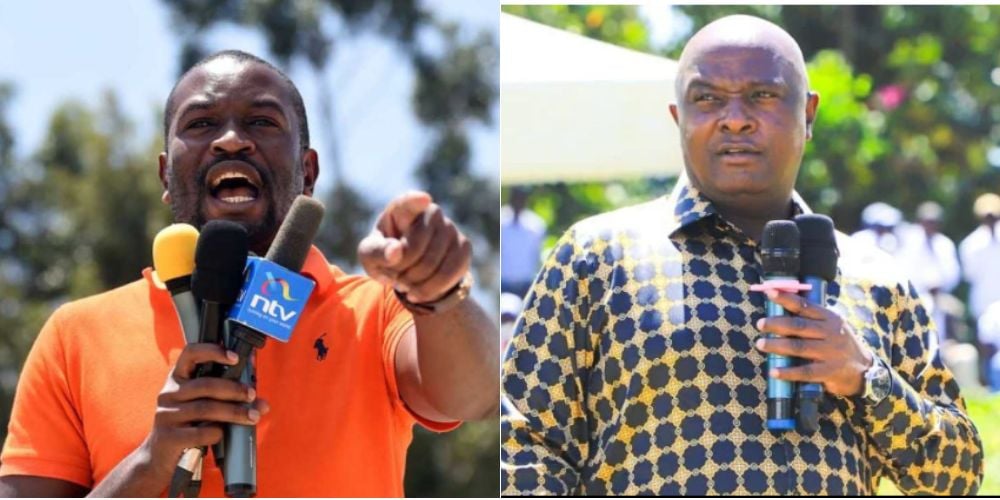
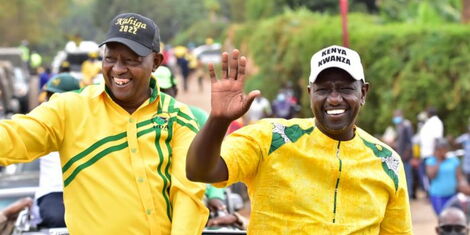
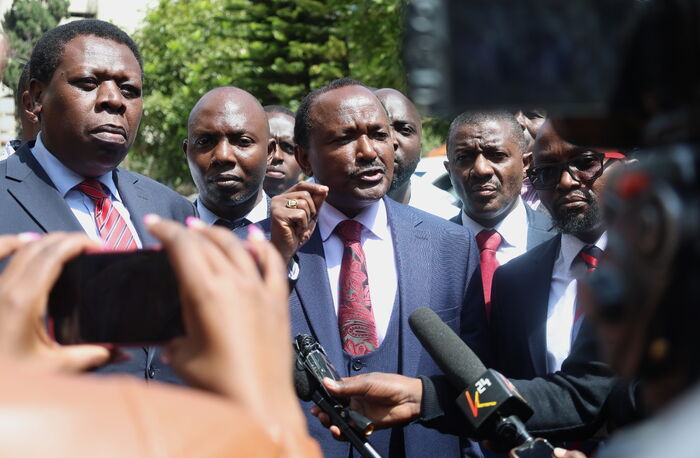
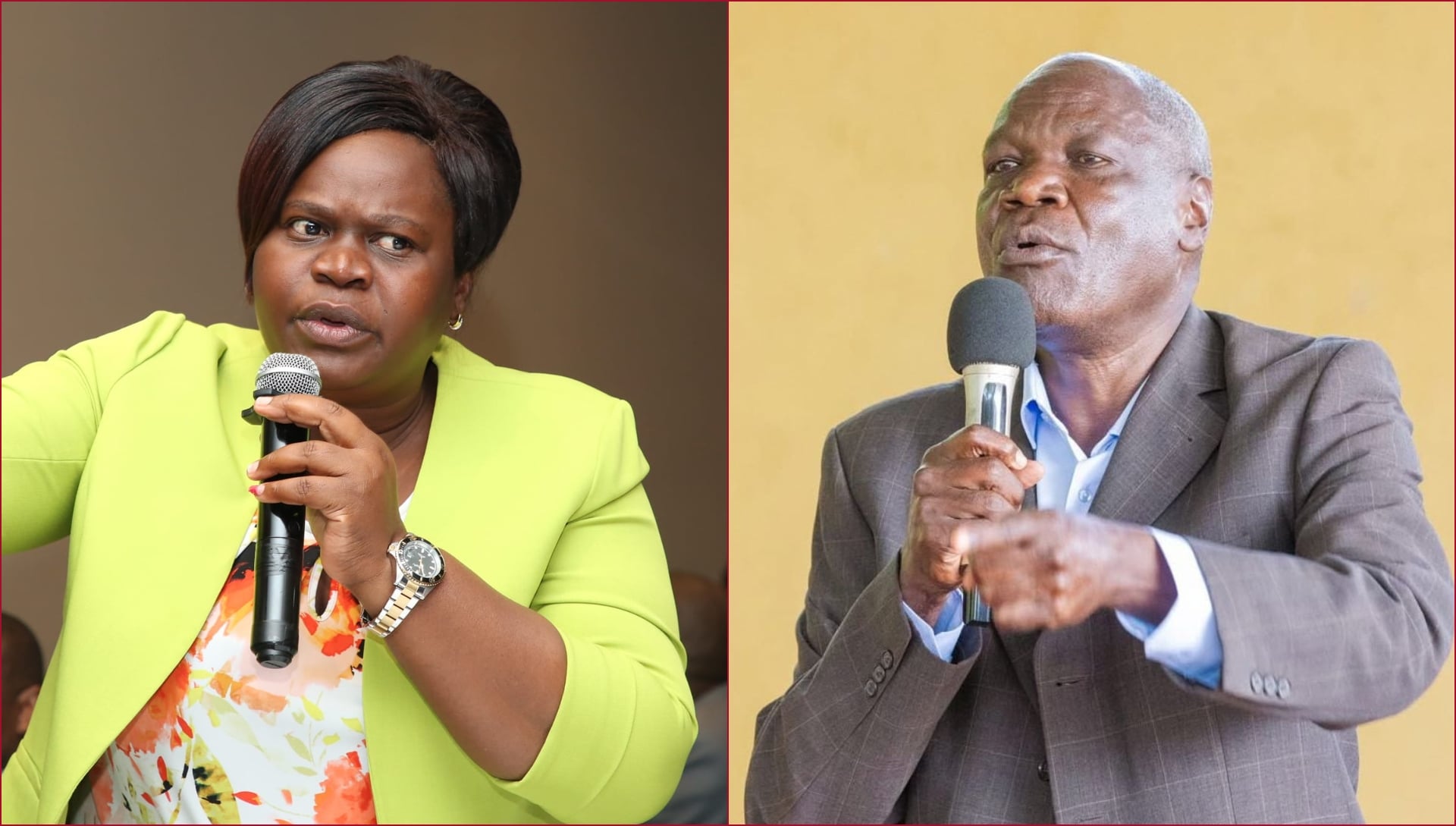
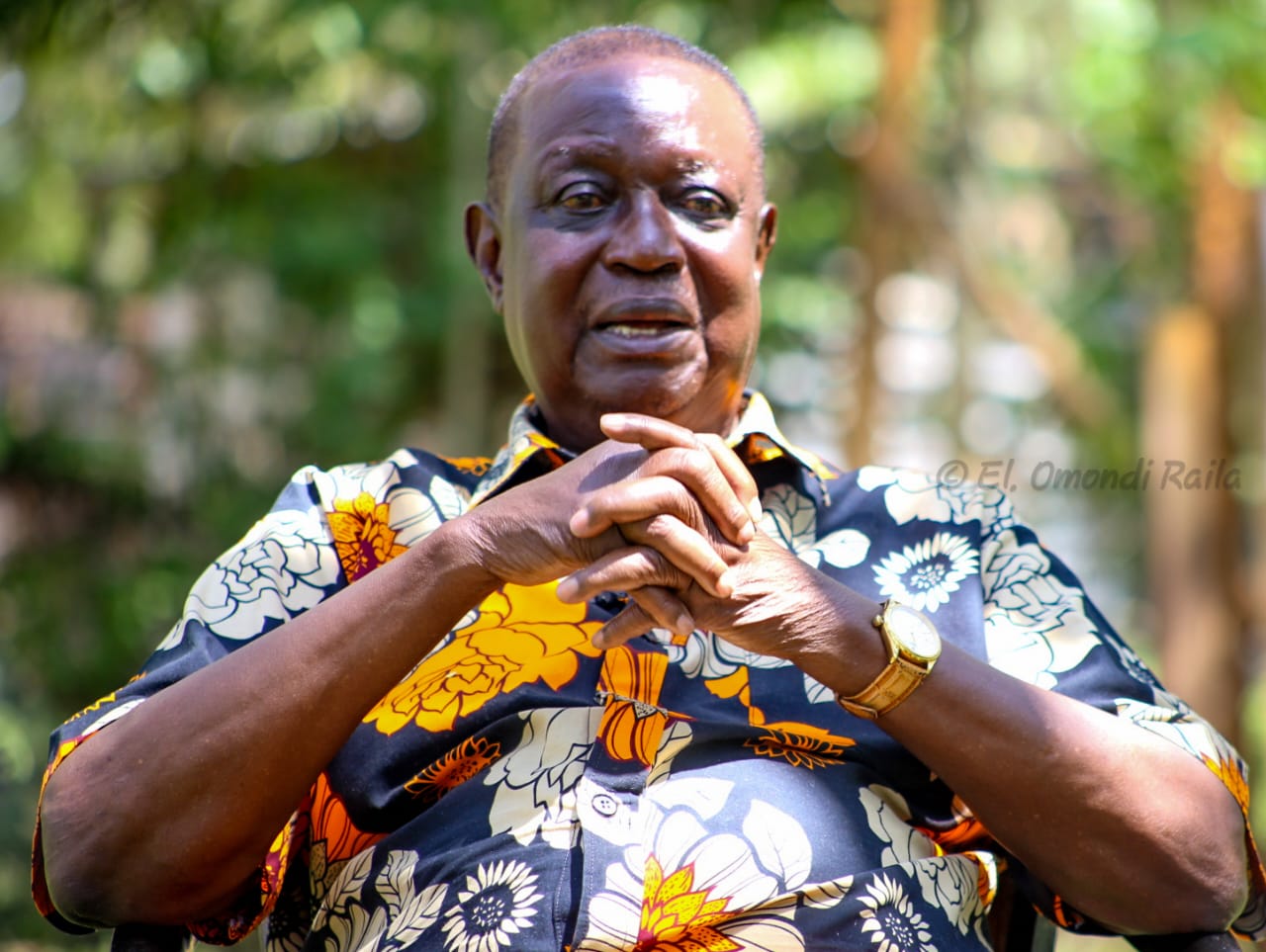
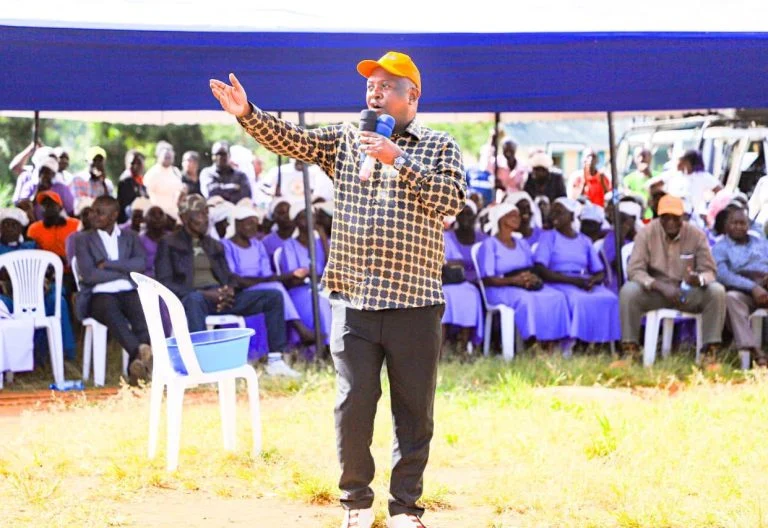

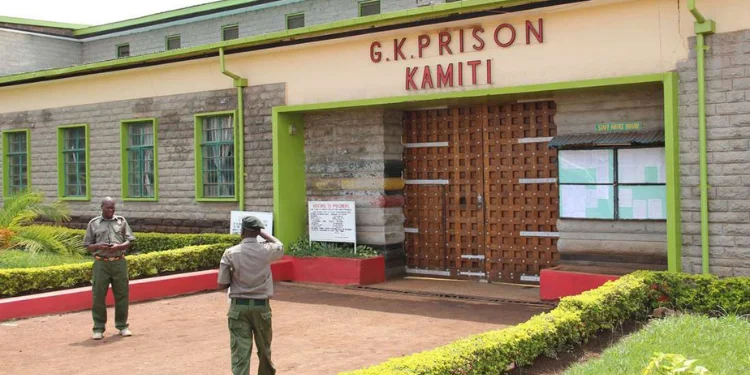

Leave a Reply